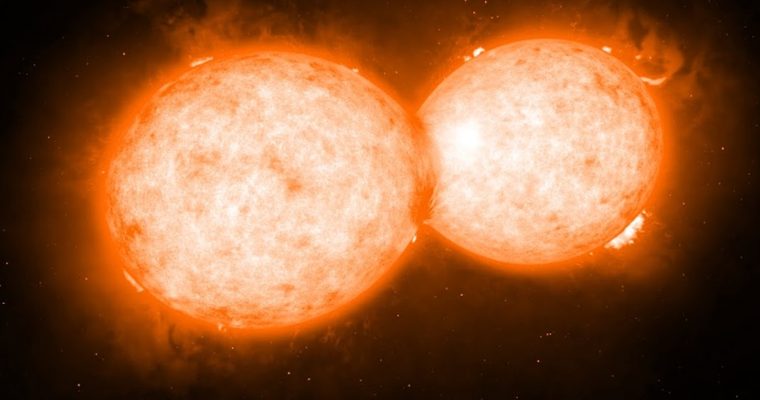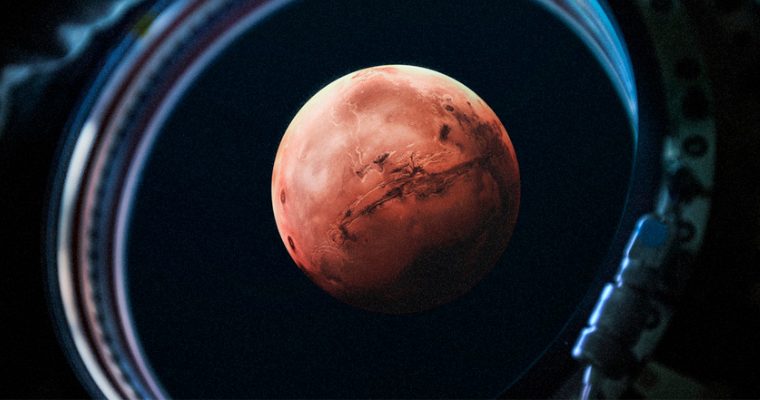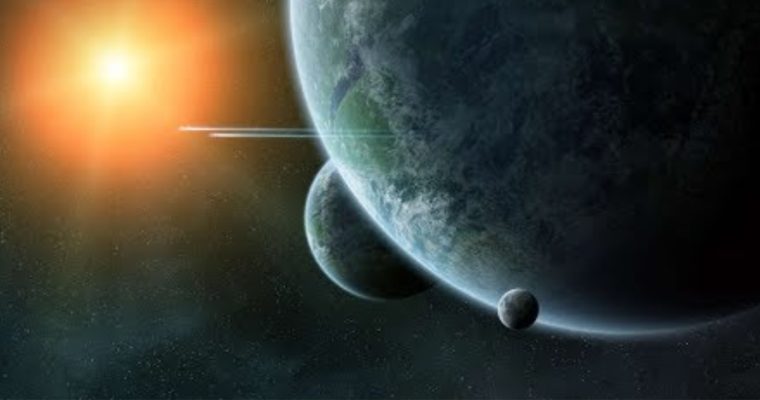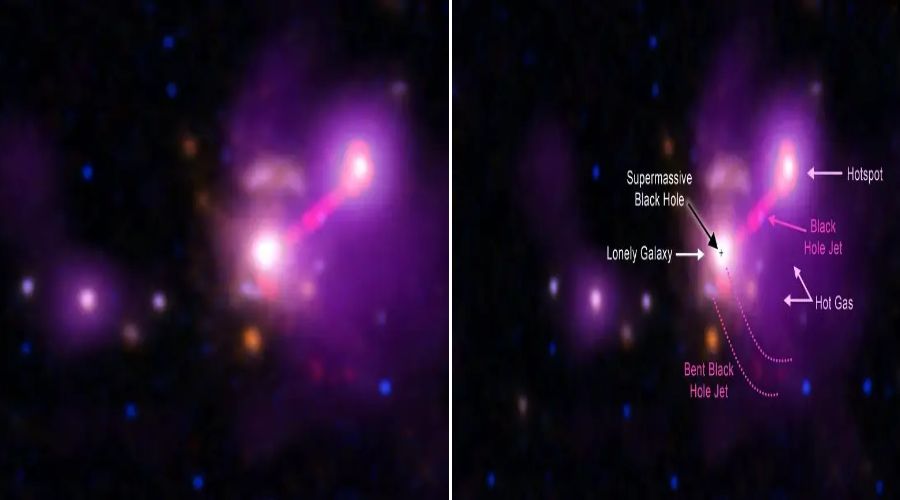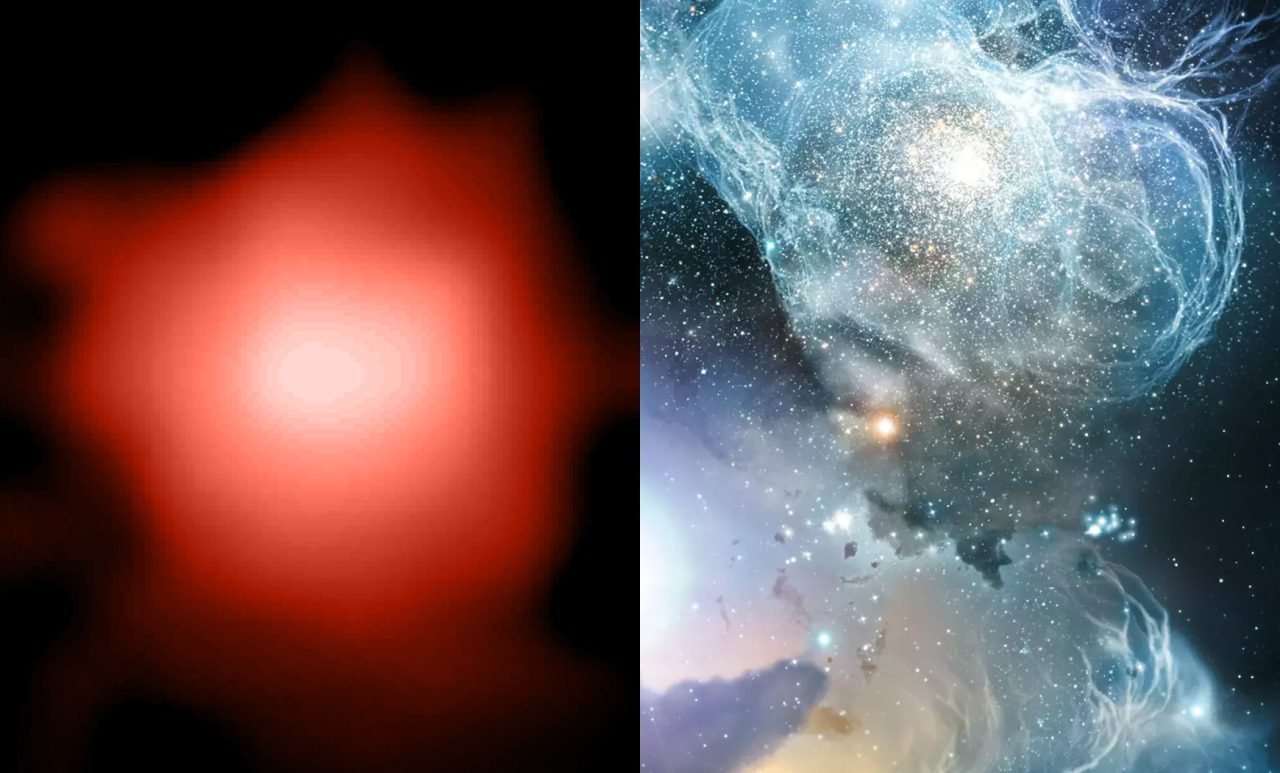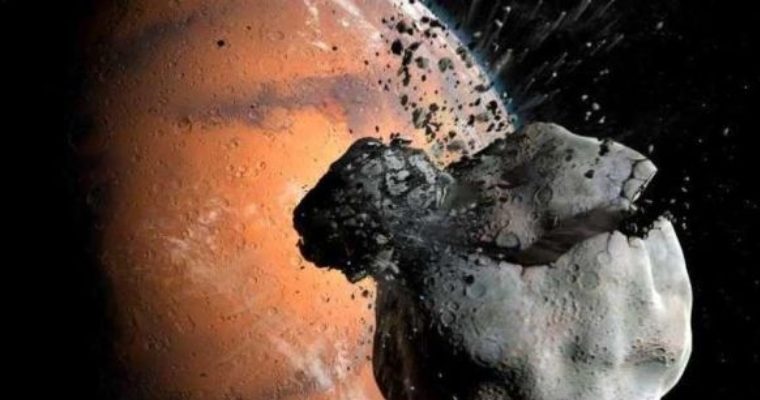Here’s a fascinating thought. What if you discovered that everything in your life had been pre-planned? What if your history, present, and future are all happening right now?
A fantastic new idea known as the “block universe” theory says that time does not actually “flow like a river,” but rather that everything is always there.
Dr. Bradford Skow, a philosophy professor at MIT, believes that if we “look down” on the universe as if it were a sheet of paper, we would see time spread out in all directions, just as we experience space at any one time.
Is it feasible that we only perceive time as essentially linear because that is what our human brains can comprehend?
Let’s look more closely at this exciting new idea and consider what it might imply for our existence. The question of how humans understand time is not new to science, according to Dr. Skow.
Einstein proposed the idea of unified space and time in 1915. Einstein suggests that space-time has a manifold or continuous structure in his general theory of relativity. When combined, they make up a four-dimensional vector space. The “block theory” is the name given to this vector.
“The boundary between past, present, and future is nothing more than a tenaciously persistent illusion.”
Einstein’s hypothesis is usually recognized as the most accurate explanation of what the cosmos means in terms of cosmic meaning. As a result, the existence of a block universe is not implausible.
Dr. Skow wholeheartedly concurs with this viewpoint. We can think of time and events as continuing to exist and coexisting in many locations throughout space-time, as opposed to believing that they pass us by and then disappear. We are unable to leave this block in any way.
You’ll see that this idea has the potential to alter the way we think about time travel if you try to grasp it.
If this theory is accurate, we cannot just alter the past. If your history, present, and future were all laid out in space, it would be difficult to produce “grandfather paradoxes.”
You would not be making any significant changes. Instead, you will just travel through time, experiencing it exactly as it is and has always been. Dr. Skow’s new theory was recently challenged by another, equally divisive theory.

Dr. Julian Barbour, a physicist in the United Kingdom, and other scientists believe that the Big Bang created a mirror world.
And, get this, in this mirror dimension, time is reversed. Individuals awaken from death, live out their old age, and wait until they are old enough to start a profession and then go to school in this parallel universe. Doesn’t it sound odd?
If this theory is right, it may provide a solution to some of the most severe physics difficulties we are now facing.
As an illustration, consider what happened to all of the antimatter after the Big Bang. And why does time only move in one direction? This may appear contradictory to the block universe concept, but it provides solutions to some of our most baffling fundamental physics difficulties.
When we think about time, we all think of entropy. Entropy is the degree of disorder in a system that will eventually lead to its collapse. It’s everywhere, including our bodies, computers, and motors. And as entropy increases exponentially, as it always does, it will consume its system.
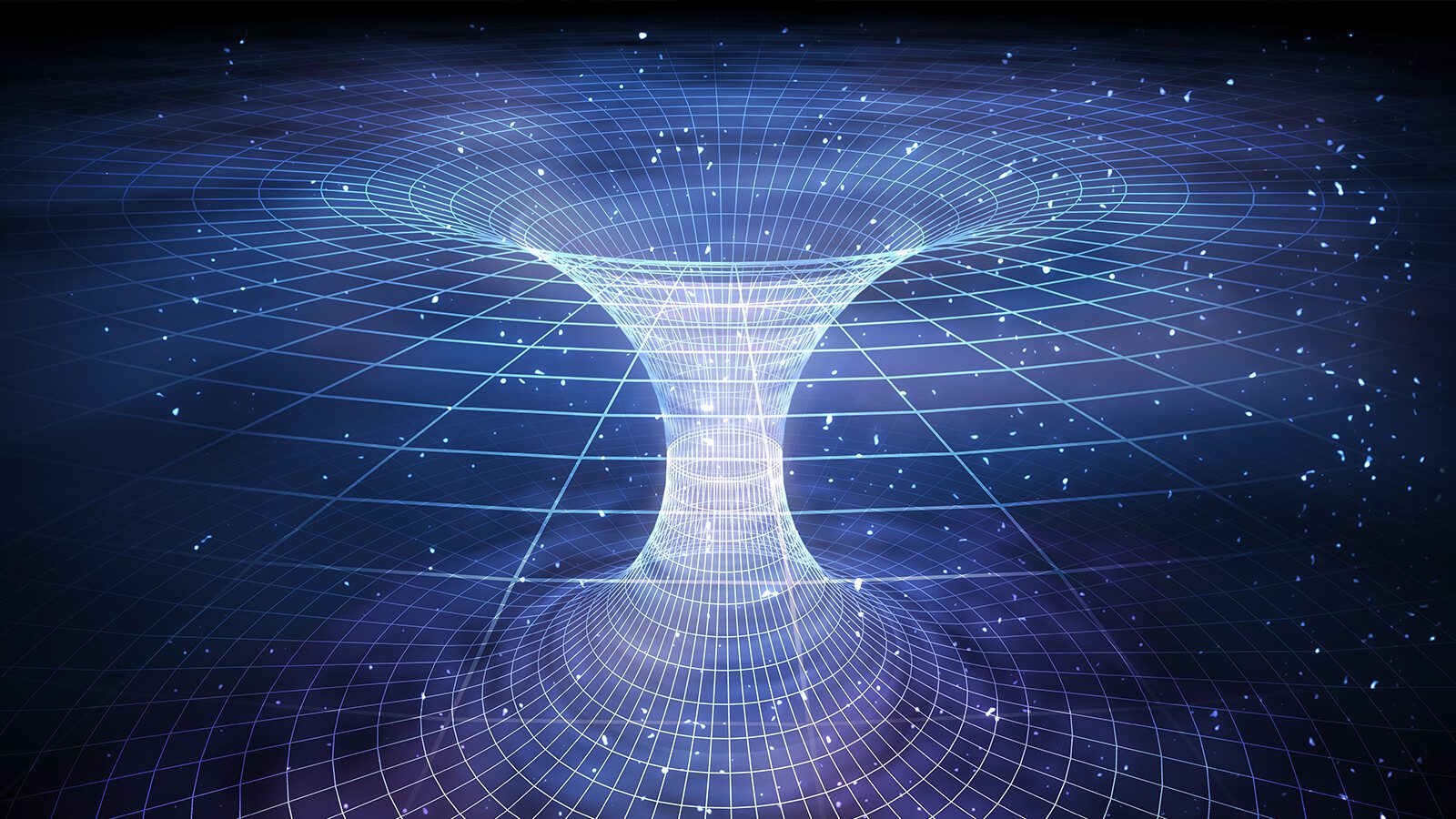
Sean Carroll, a professor at Caltech, and Jennifer Chen, a graduate student, decided to take a fresh look at time. They thought about it in terms of gravity.
They discovered evidence for the existence of the mirror universe by studying 1,000 particles and applying Newtonian physics.
All of these new radical notions are intriguing to consider and debate. However, if one of them is right, it creates even more complications.
Is there any likelihood of evolution as we know it if time is constant? So, what is the point and meaning of existence if we live exactly as we are, with no chance of change?
Temporal arguments will always exist in this sense. And it’s questionable whether we’ll ever find any of the answers, let alone fully comprehend them.
Perhaps the magic isn’t in having the solution, but rather in the search for it. It could be our way of grasping our existence.




